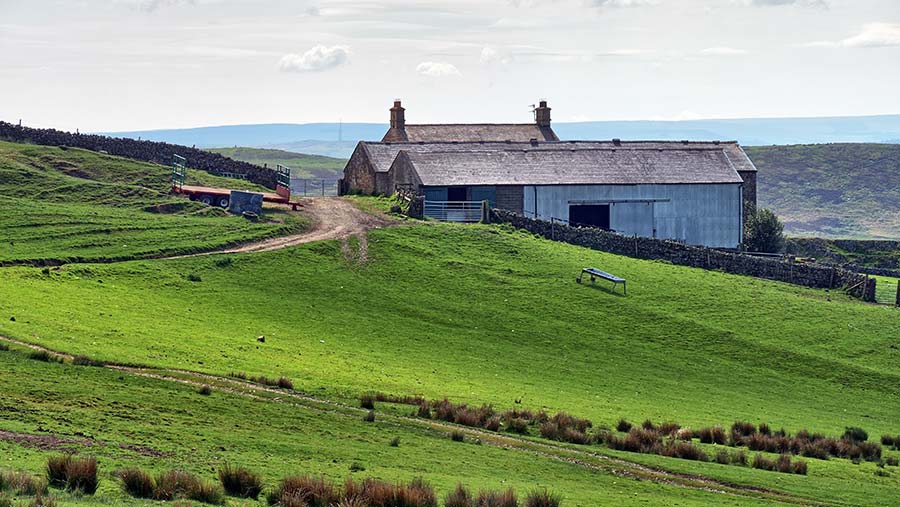Opinion: Family farms will suffer most in the financial squeeze
 © Kevin Eaves/Adobe Stock
© Kevin Eaves/Adobe Stock We have recently completed our management accounts for last year and it turns out they are better than expected.
We had higher crop receipts and a margin better than in 2021.
Key to the calculations are that we bought fertiliser before the outbreak of war in Ukraine and sold a fair chunk of grain and rapeseed during the period when prices hit their peak because of the same conflict.
See also: Opinion – get behind the NFU and protect farming’s interests
It would be nice to claim we also benefited from improved management, and maybe there was a little of that.
But our yields held up despite the extended heatwave; harvest was easy and cheap and markets were kind to us.
Our diversifications added further to the bottom line. Compared with pig and poultry keepers and horticulturalists, we were very fortunate and we are grateful.
Prospects for this year look rather different, however.
Fertiliser has been bought at post-Ukraine war prices; grain values have dipped to where they were before Russia invaded; energy and fuel prices have come back a little, but are still prohibitive.
Basic farm payments are scheduled to be cut another 20%. And then, of course, there will be tax to pay on what we earned last year.
As Richard King of consultants Andersons said, prospects for 2023 are “sobering”, which may be the understatement of the year.
On our farm we may have escaped the worst of it, but the scene was set in 2022 as revealed by our requisite co-operative AF.
Its calculations late last year showed average cost inflation of farm inputs was running at more than 30%. In other words, three times the rate of domestic inflation, and there are few signs that it has eased since.
So, how to respond? Batten down the hatches, the cliche goes, although there aren’t many more hatches to batten down since we’ve been round with the hammer for a few years now.
Stop all new investment is another pat answer, but we have restricted that kind of expenditure for almost as long as I can remember and sometime soon things will begin to fall apart.
Maximise income from what will be left of basic payments that are to be redirected towards Environmental Land Management, and yes, we have reorganised our Countryside Stewardship scheme in anticipation of that.
But most of those payments will soon be phased out.
Having made all those changes, Andersons reckons total income from farming (Tiff) in 2023 will be down by one-third.
And by implication, as basic payments, on which so many of us depend, decline further each year, the downward spiral will continue.
It’s hardly surprising then that a recent survey of 1,400 farmers by Brown & Co suggested that 25% are planning to leave the industry within the next five years.
Some will be succeeded by their sons or daughters, but many who have no family members wishing to take on their land will simply sell up and move out.
Farms will increase in size and some economists might say that’s a good thing. But the structure of the countryside will change.
There will be fewer family farms that have been the backbone of agriculture throughout my life. And that makes me incredibly sad.

